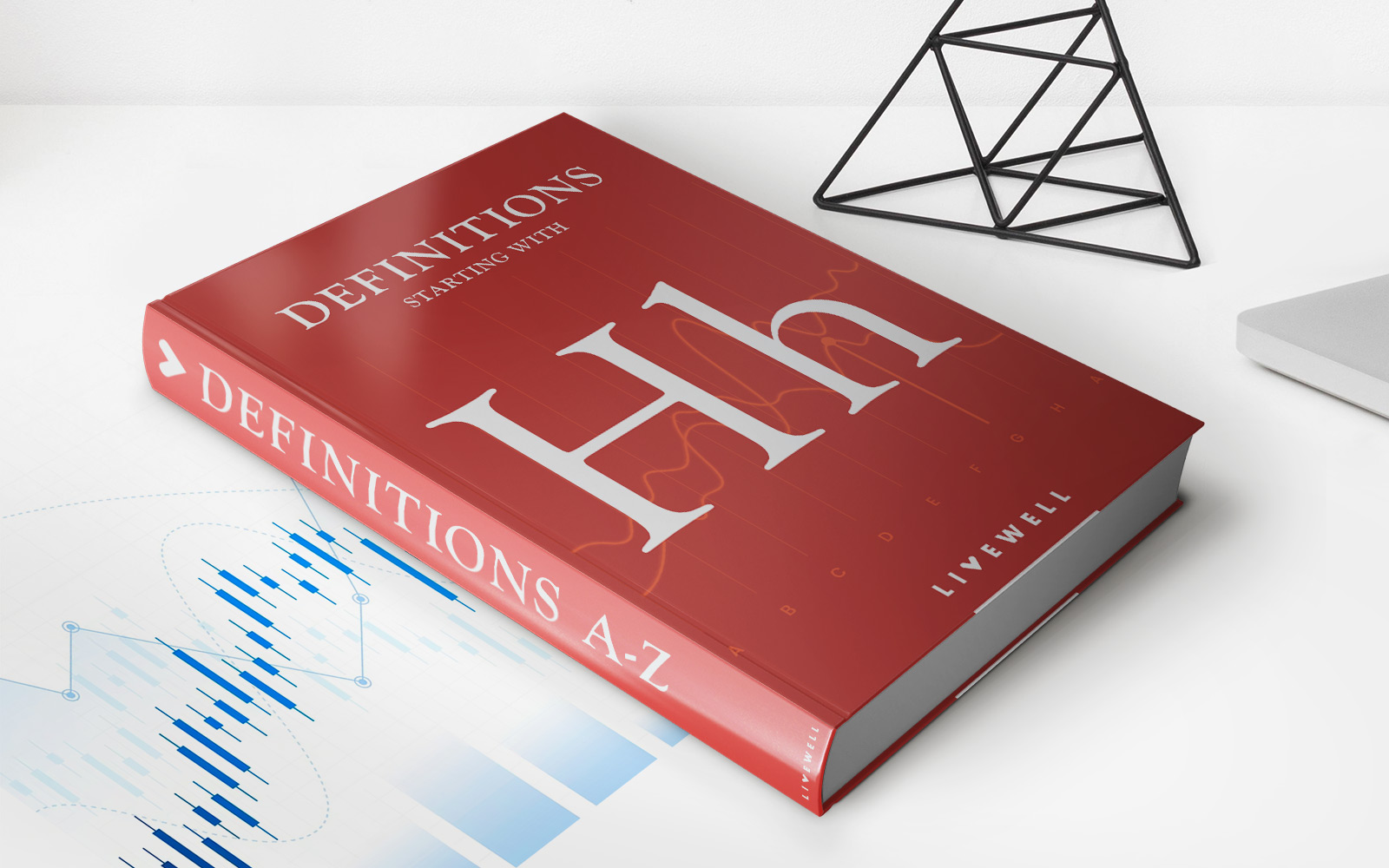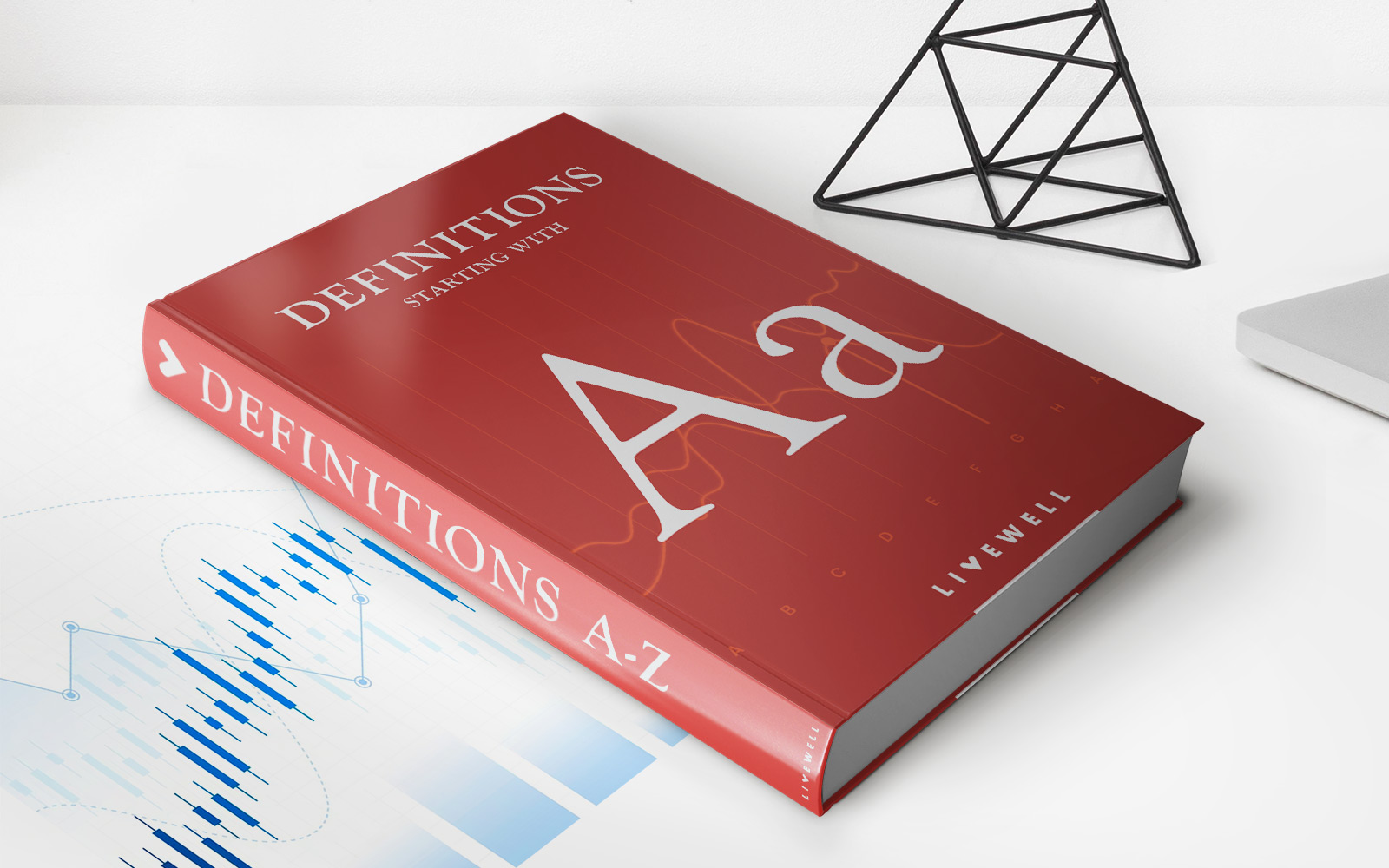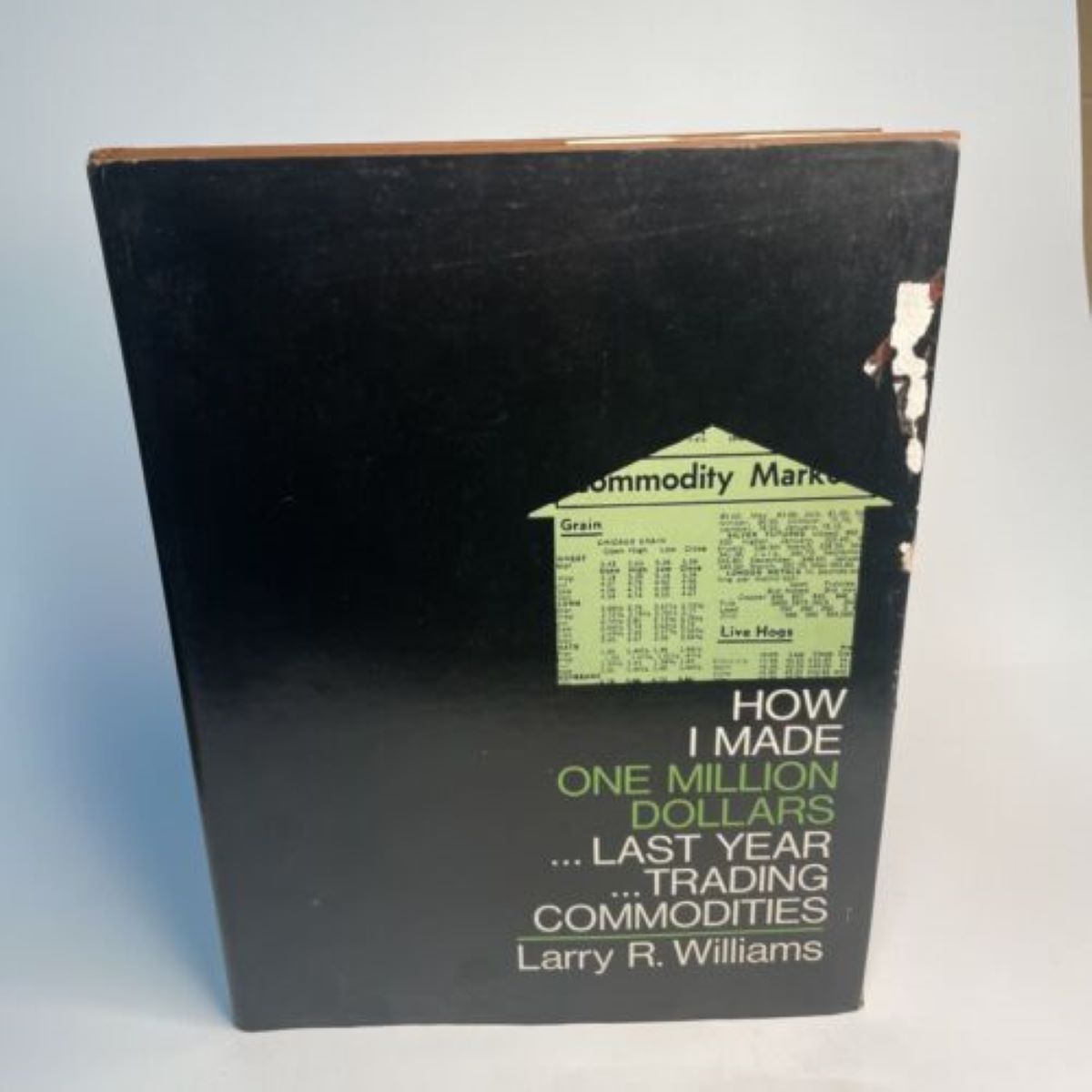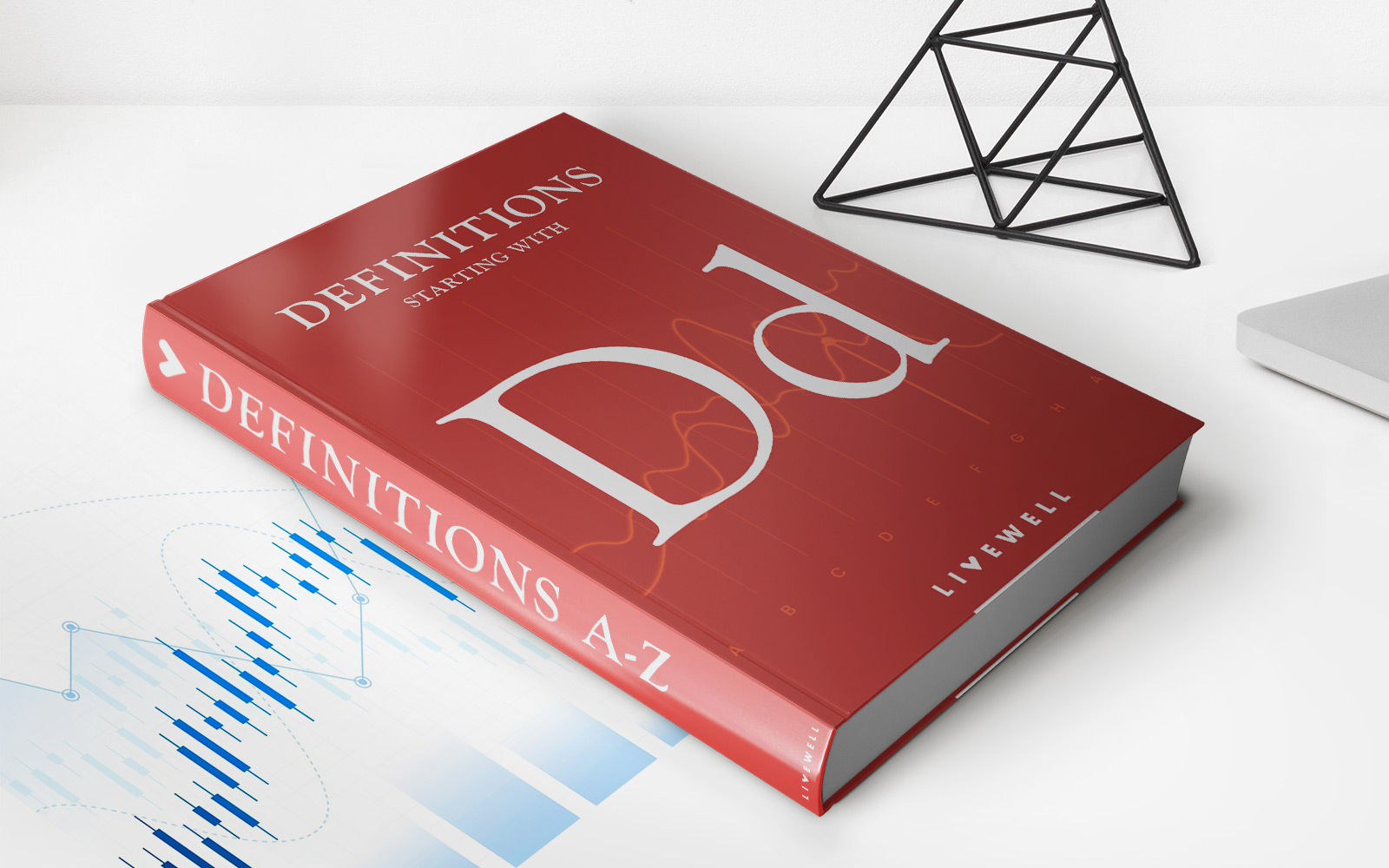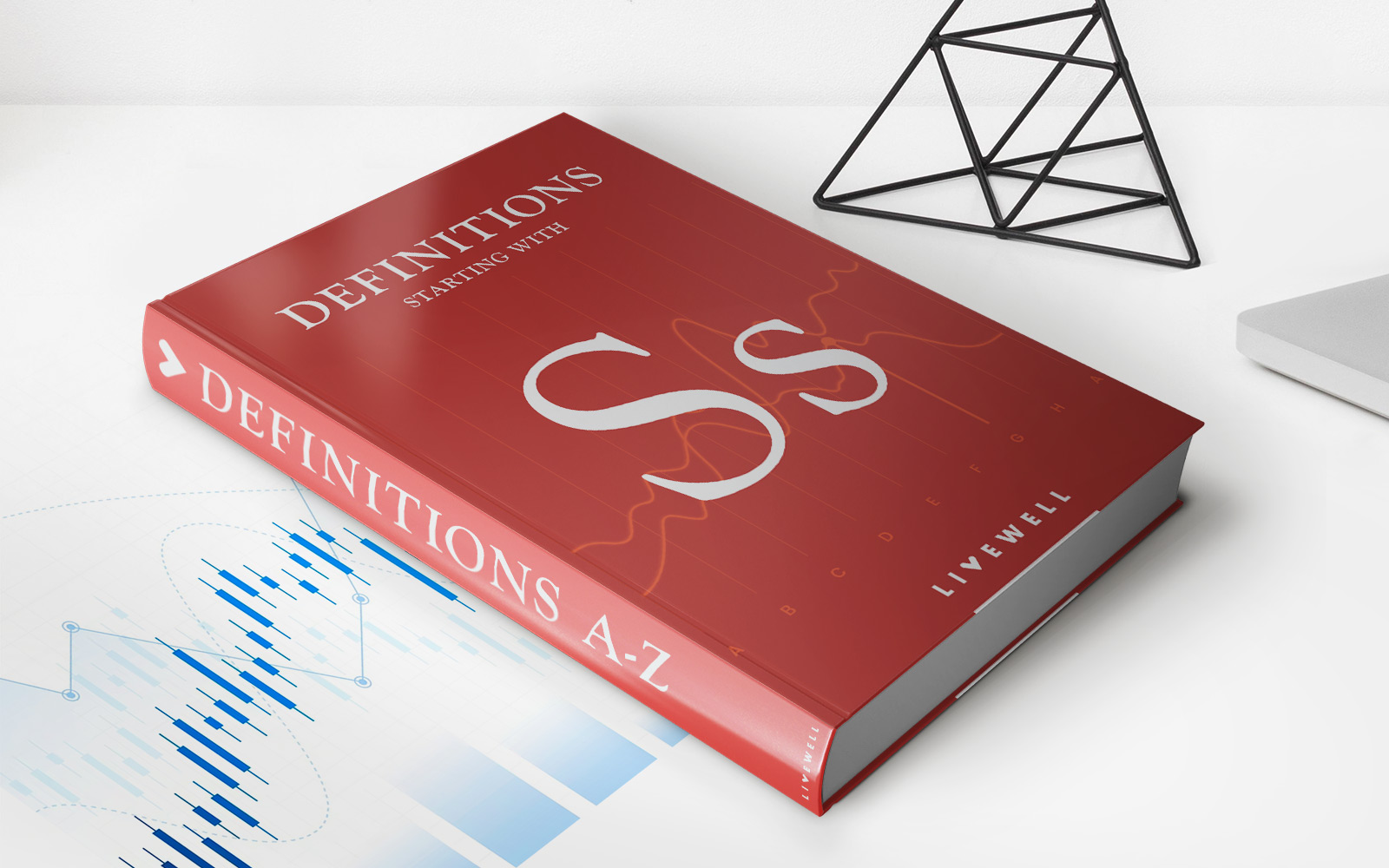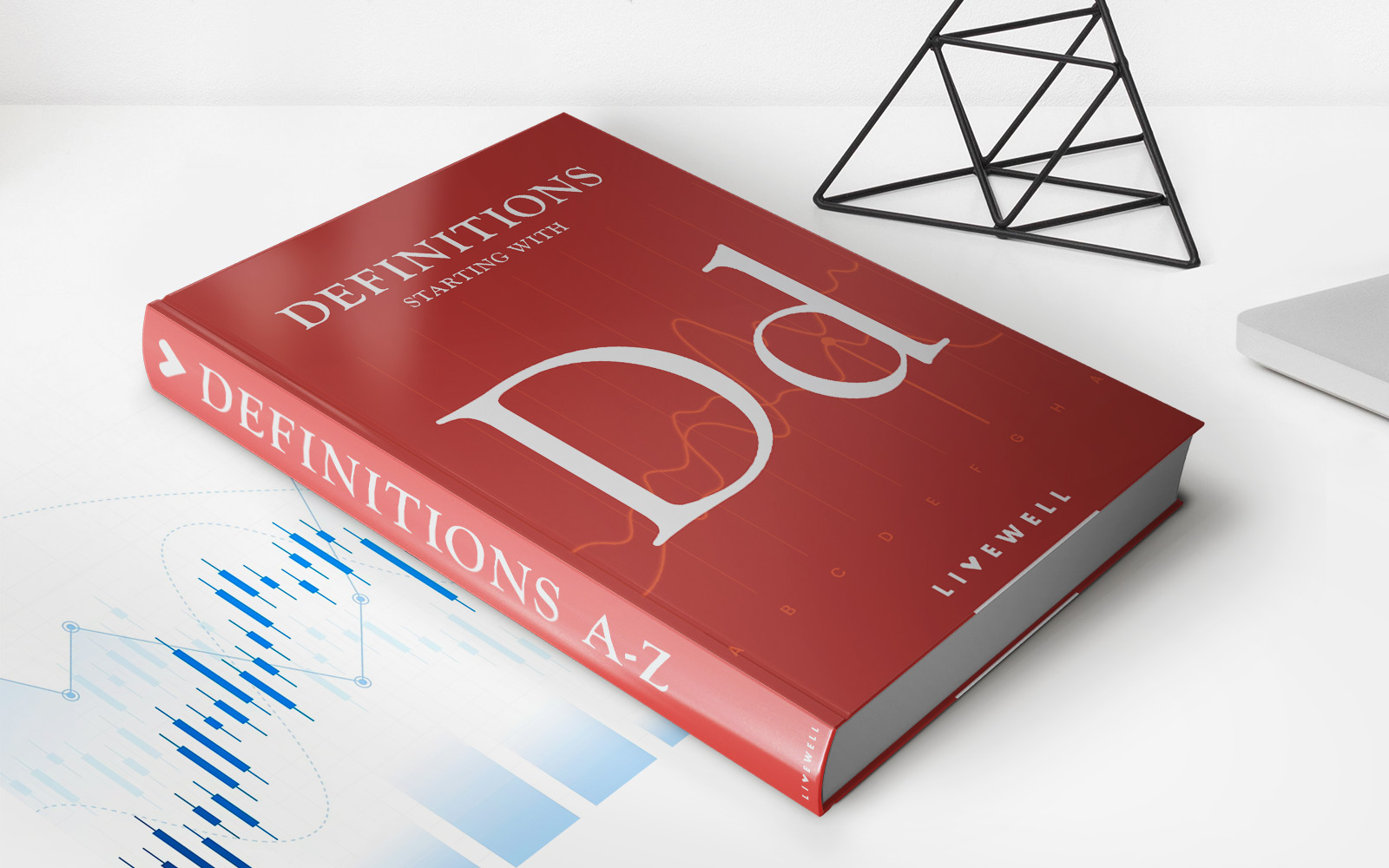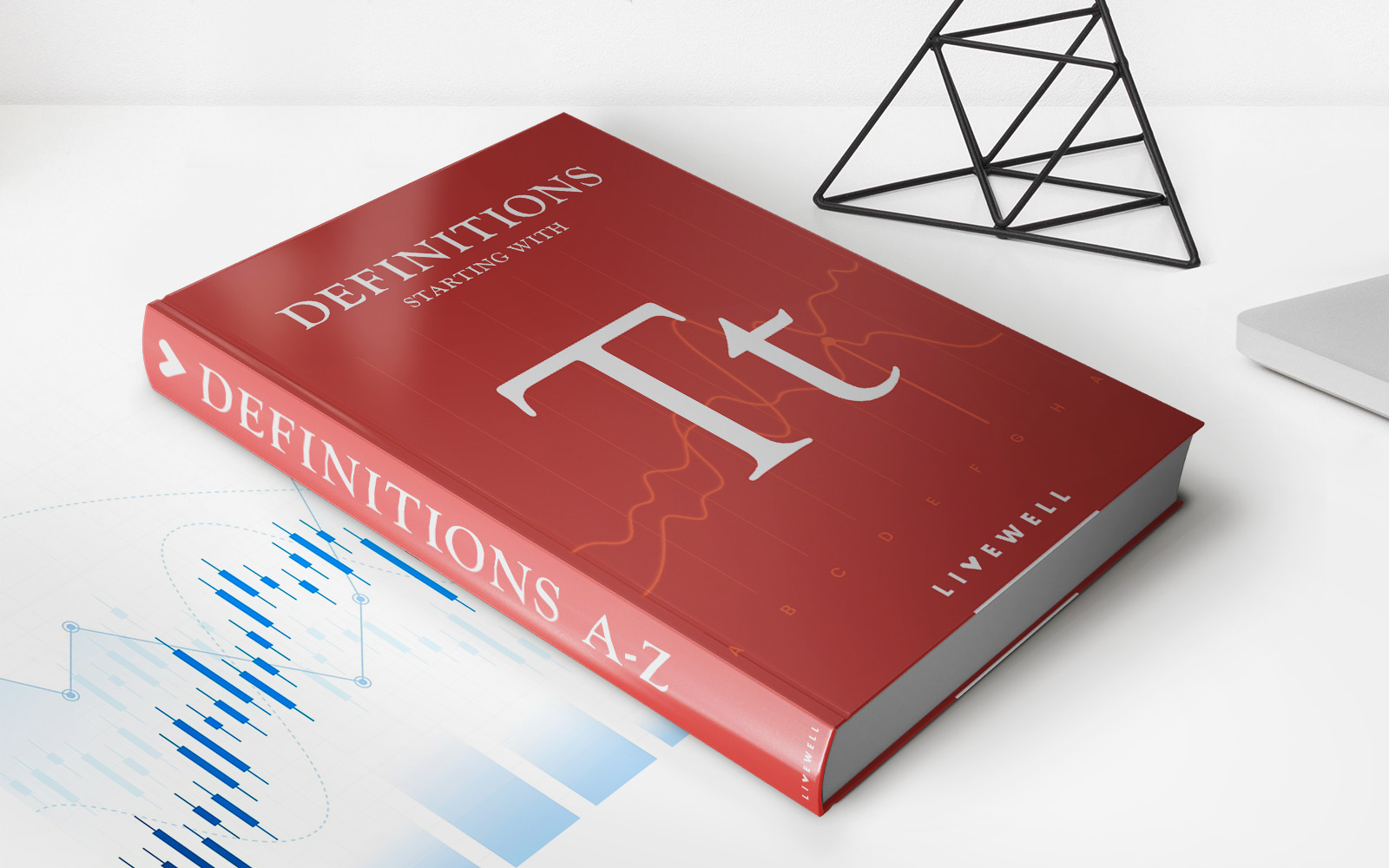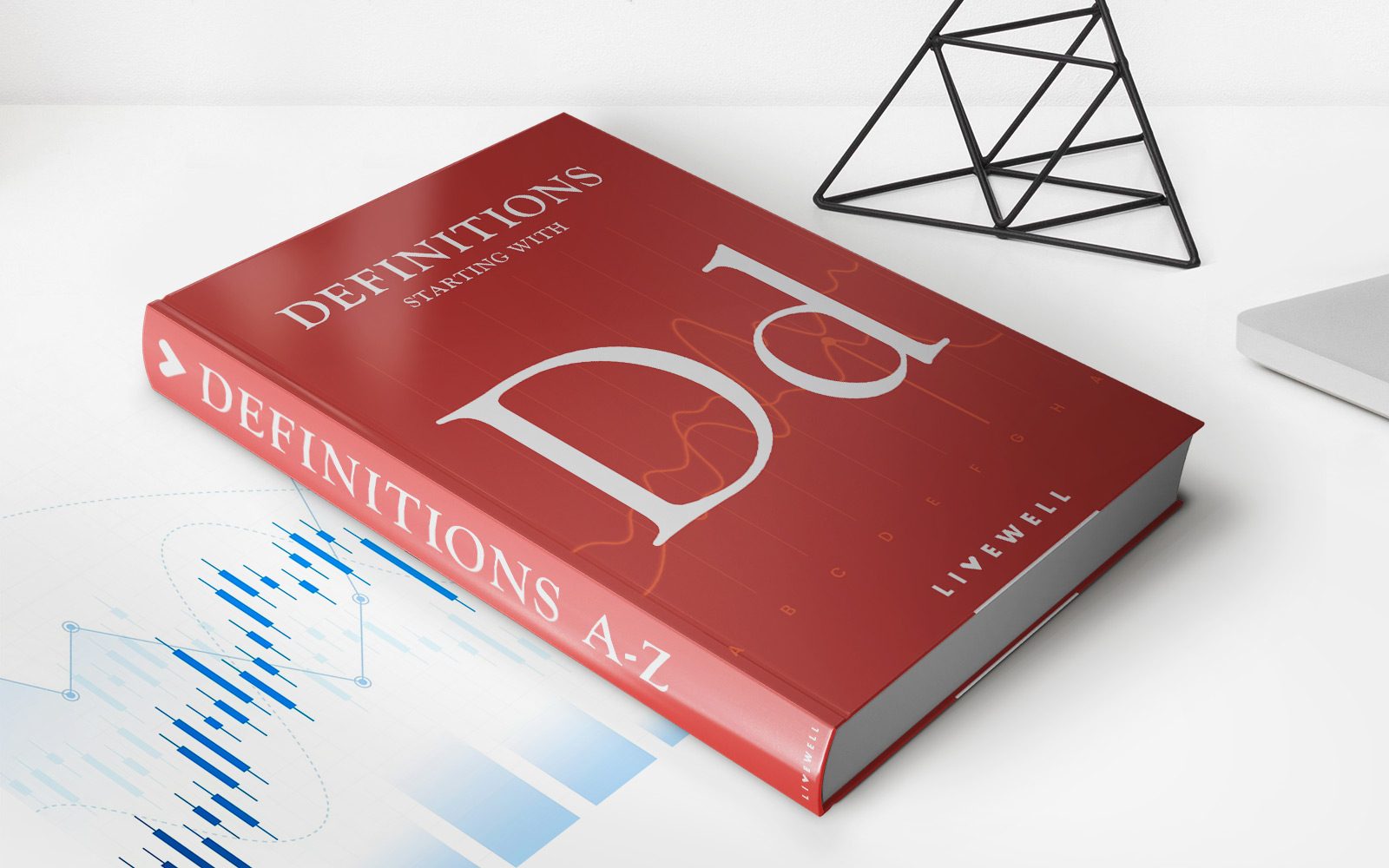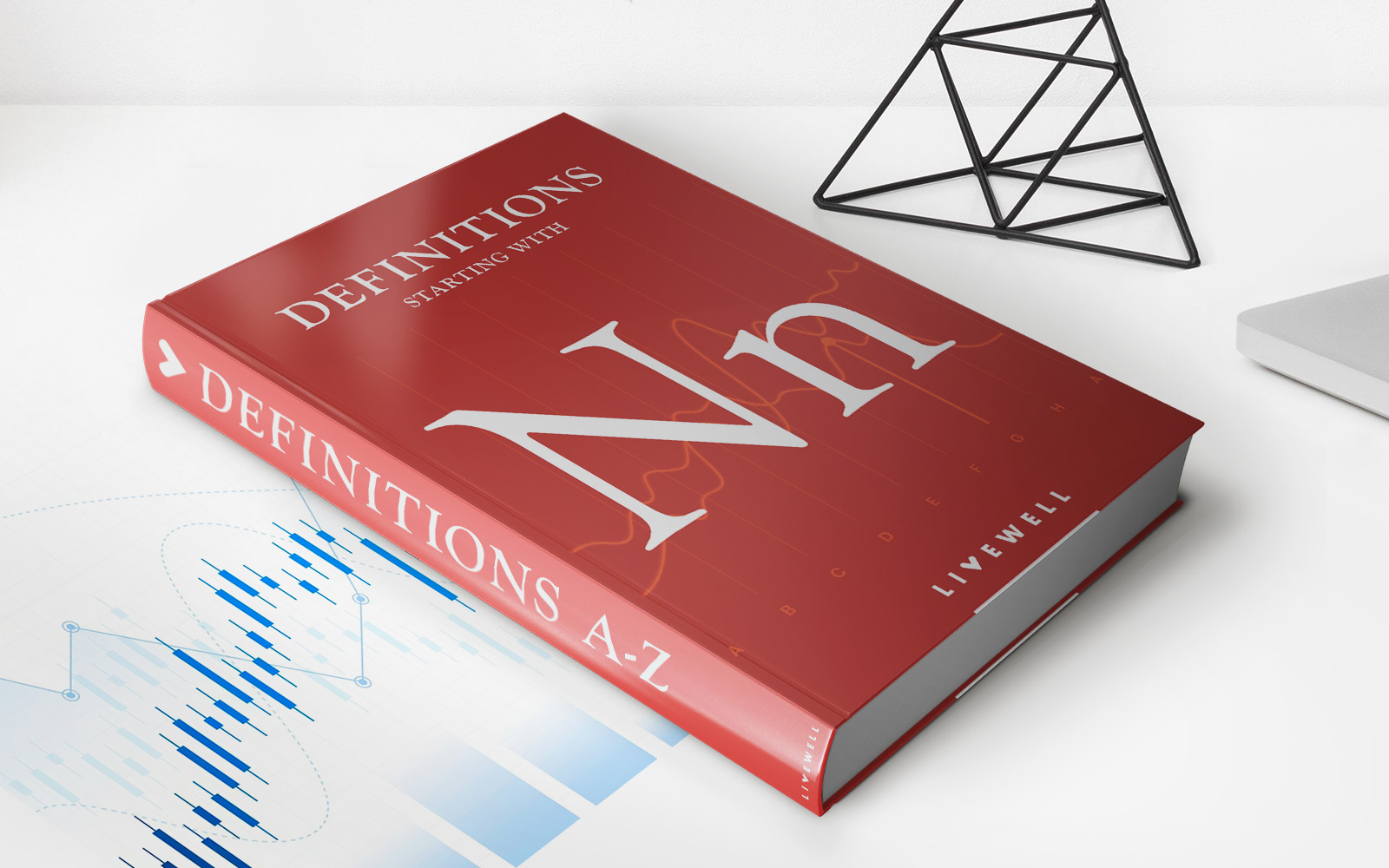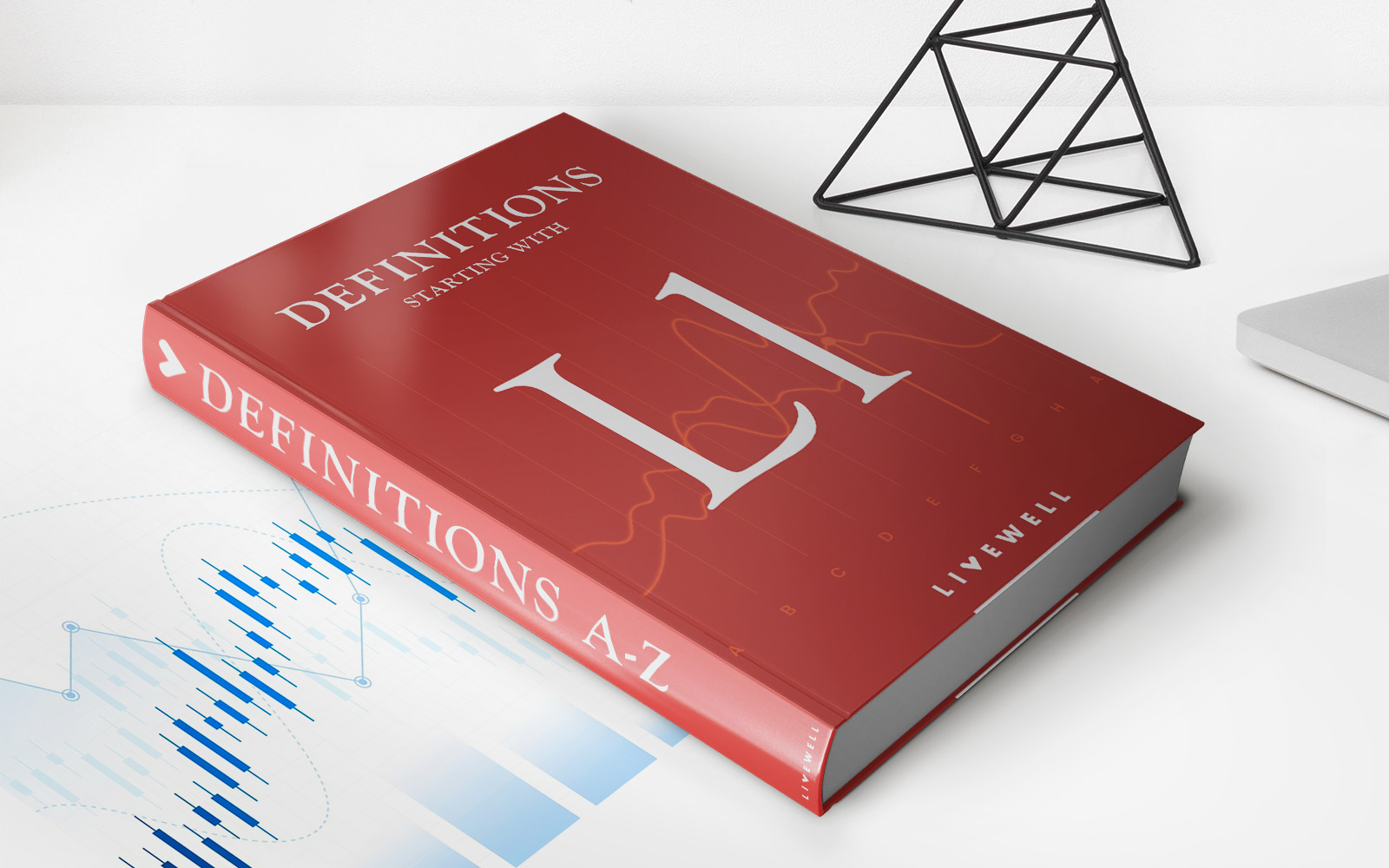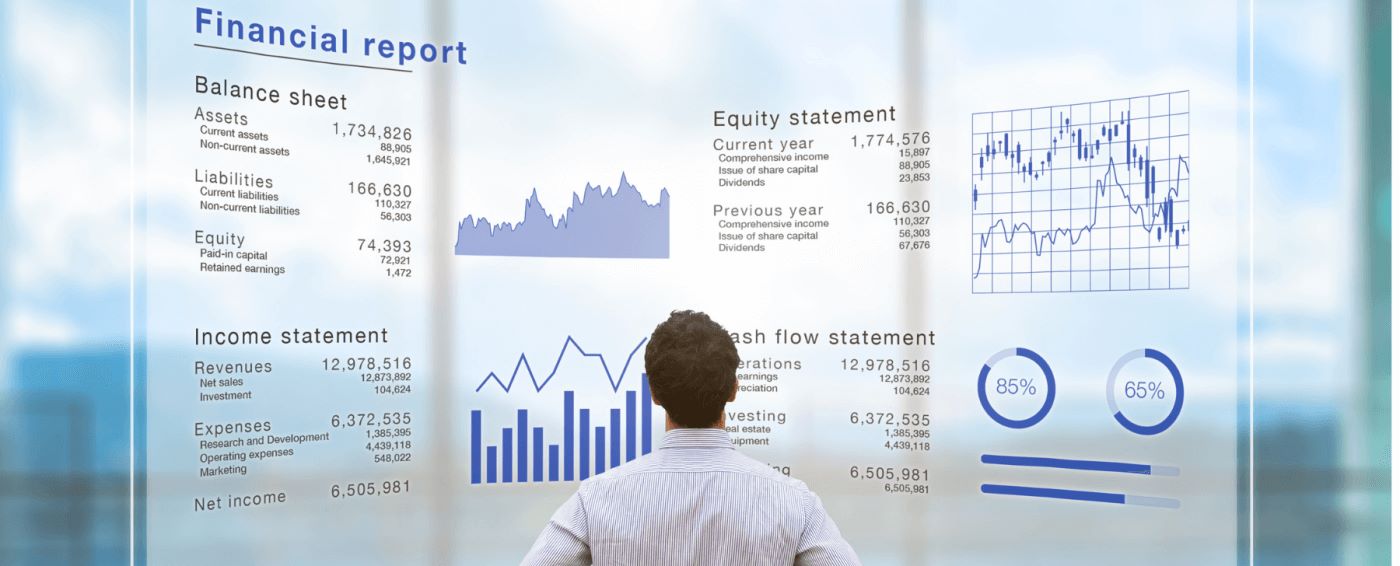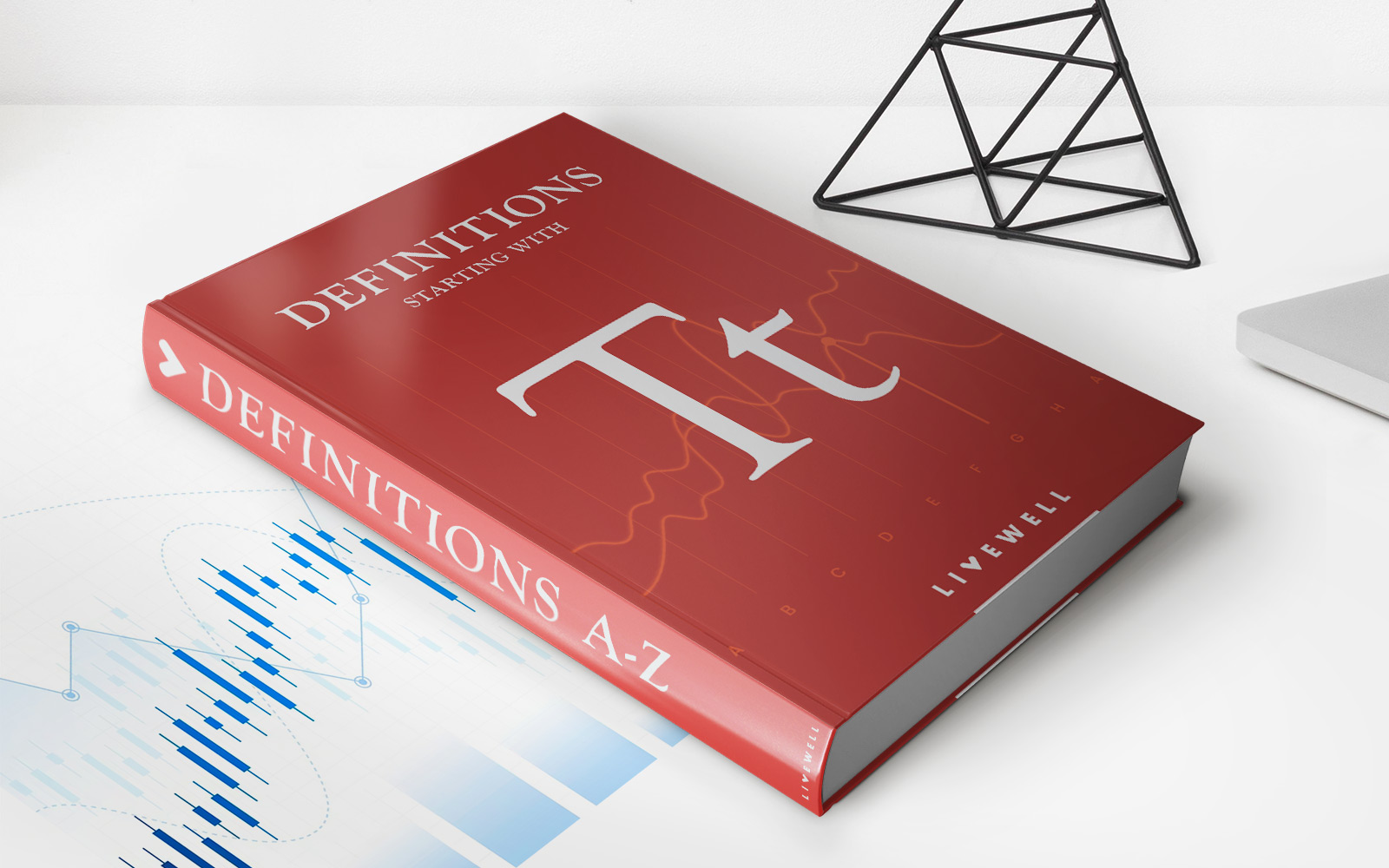

Finance
Trade-Weighted Dollar Definition
Published: February 10, 2024
The trade-weighted dollar is a measure used in finance to determine the value of the US dollar against a basket of foreign currencies. Learn more about its definition and importance in international trade.
(Many of the links in this article redirect to a specific reviewed product. Your purchase of these products through affiliate links helps to generate commission for LiveWell, at no extra cost. Learn more)
Understanding the Power of the Trade-Weighted Dollar
Welcome to the Finance category on our page! Today, we are going to delve into the fascinating world of the trade-weighted dollar. Have you ever wondered what determines the value of a nation’s currency? How does it fluctuate, and what impact does it have on global trade? These are questions that often come to mind when exploring the realm of finance. In this article, we will explore the concept of the trade-weighted dollar and shed some light on its significance in the global economy. So, buckle up and get ready for a journey into the intricate web of international finance!
Key Takeaways:
- The trade-weighted dollar measures the value of a country’s currency in relation to a basket of other currencies.
- It is used as a benchmark to gauge the competitiveness of a nation’s goods and services in the global market.
Imagine a scale, where different currencies from around the world are placed on each side. This is essentially what the trade-weighted dollar is all about. It is a measure of the value of the U.S. dollar when compared to a basket of other currencies. This basket typically consists of the currencies of major trading partners of the United States, such as the euro, yen, pound, and yuan.
Now, you might be wondering why this concept is important and how it affects the world of finance. Well, the value of a country’s currency has a significant impact on its international trade. When a nation’s currency is strong, its goods and services become more expensive for other countries. On the other hand, a weak currency makes imports costlier but can boost exports, as they become more affordable to foreign buyers.
Here are a couple of key takeaways to remember:
- The trade-weighted dollar is a benchmark that allows us to assess the competitiveness of a nation’s goods and services in the global market.
- Fluctuations in the trade-weighted dollar can have profound implications for international trade and can affect the overall health of a country’s economy.
The trade-weighted dollar plays a crucial role in international finance. It helps policymakers, investors, and economists alike to analyze and forecast trends in global trade. For instance, a sudden increase in the value of the trade-weighted dollar can give us insights into the potential challenges that may arise for exporting industries, while a decrease can be beneficial for a nation’s export-driven economy.
In conclusion, understanding the trade-weighted dollar is essential for anyone interested in the world of finance. It allows us to grasp the competitive position of different countries in global trade and provides valuable insights into the overall health of the global economy. So, the next time you hear about the trade-weighted dollar, you can now confidently impress your friends with your knowledge of this vital financial concept!
